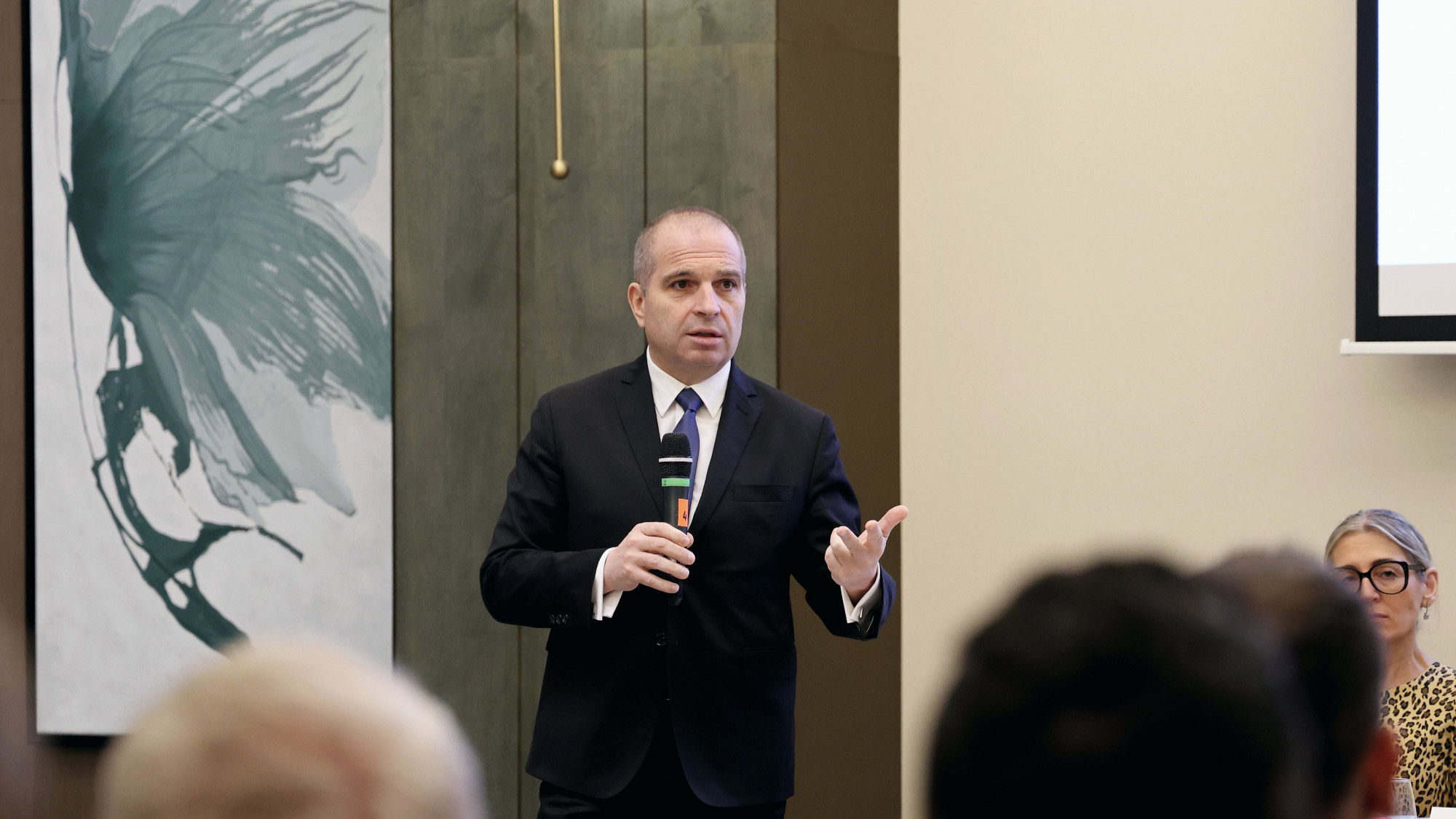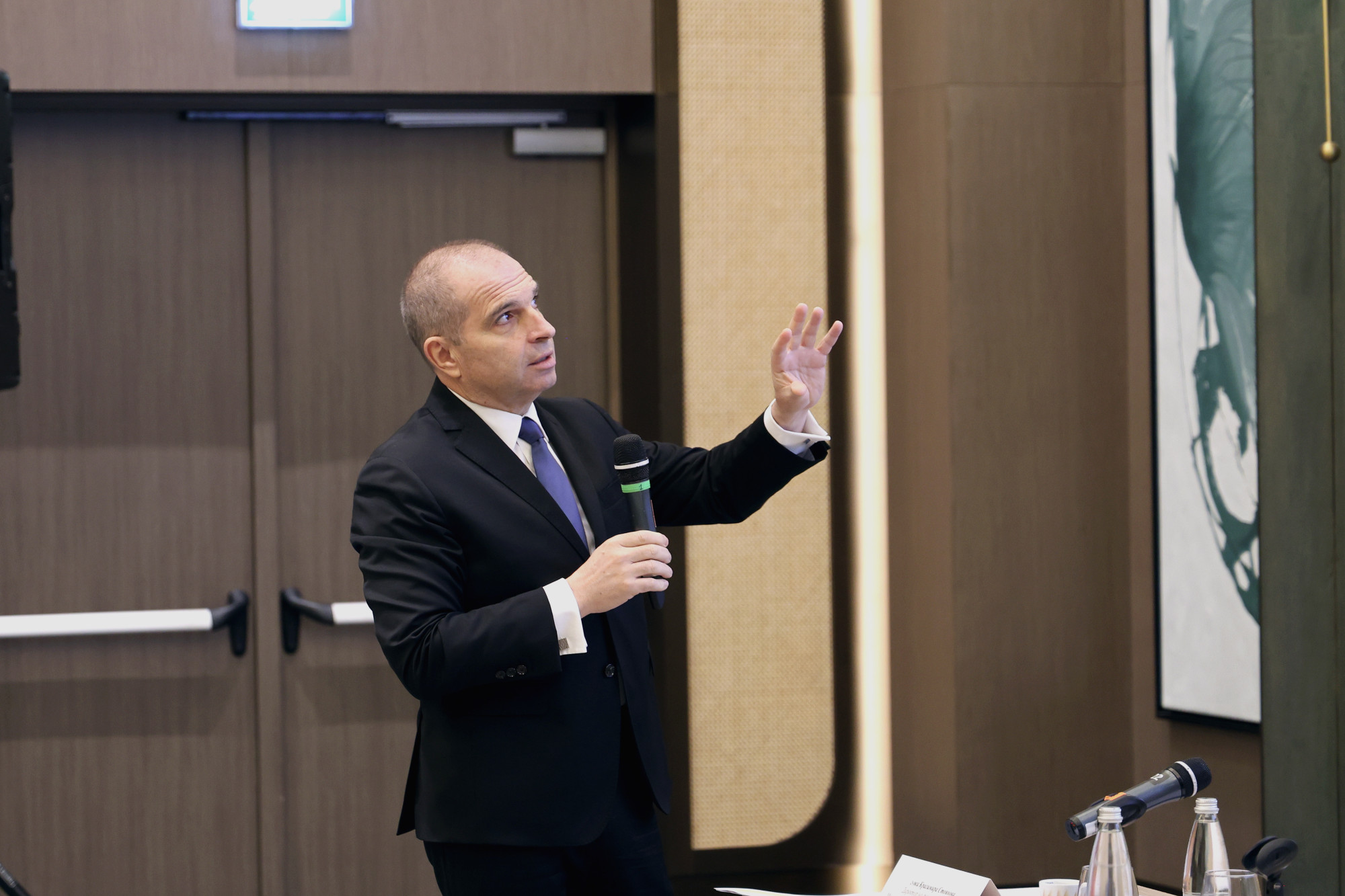This procedure is not a race for subsidies; it is a race for better service to railway passengers. This was stated by Deputy Prime Minister and Minister of Transport and Communications Grozdan Karadjov during a public discussion on the Draft Public Service Contract for Passenger Rail Transport The discussion was attended by representatives from academia, trade unions, railway organizations, experts, and other stakeholders.
Deputy Prime Minister Karadjov noted that although Bulgaria’s railway market has been liberalized since 2019, no private operator has yet begun offering passenger services. “Three licenses have been issued to railway companies interested in carrying passengers, but none of them have launched commercial trains. Bulgaria has committed under the Recovery and Resilience Plan to conduct a procedure that divides the railway network into several regions, thereby promoting competition in the sector,” Karadjov said.
“The approach to dividing the lots is regional and has been coordinated with the European Commission,” the Deputy Prime Minister added, explaining that initially, each region will be served by a single operator, performing the same functions currently carried out by the state-owned operator. “The transition to new operators will be gradual, with a sufficiently long mobilization period, and will not be felt by passengers,” Karadjov emphasized.
“In case of non-compliance with contractual obligations, we foresee strict penalties, including license revocation,” he warned, while also assuring that ticket and pass prices will remain unchanged. The trains will remain state-owned and will not be transferred to any operator. No increase in public service subsidies is foreseen under the new contract.
Deputy Prime Minister Karadjov also stressed that the Collective Labor Agreement currently in effect for employees of the BDŽ will remain valid throughout the duration of the new public service contract. “We are part of the European Union, and all its member states are social states. That is why we must act responsibly toward all workers,” Karadjov stated.
The project foresees dividing the railway network into three regions: Western region – covering 75% of the network, Northern region – covering 14%, and Southern region – covering 11% The procedure is expected to launch by the end of July. Between October 30 and December 31, the bids will be evaluated and contracts signed. An 11-month mobilization period for the selected operators will begin on January 1, 2026, and operations are scheduled to start on December 13, 2026, in line with the new railway timetable. The public service contract will have a term of 12 years.






